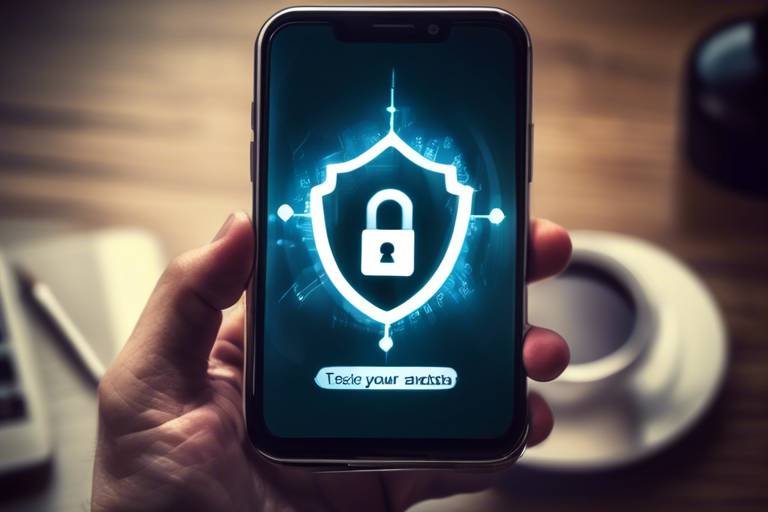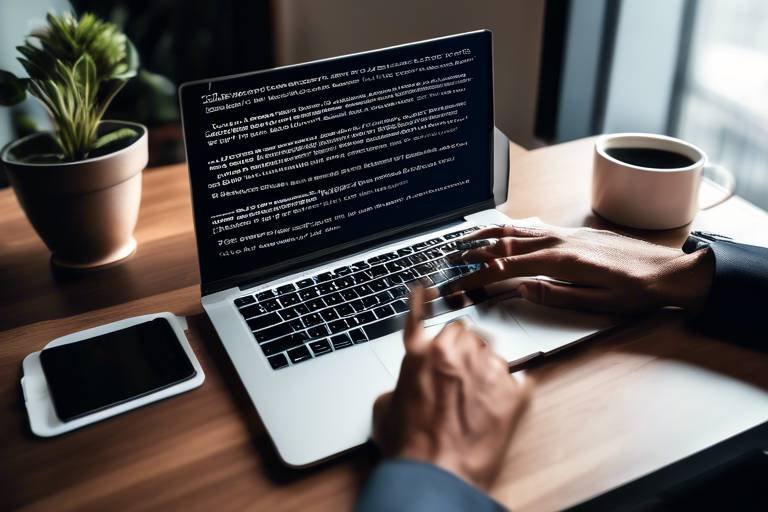Staying Safe Online While Studying Abroad
Studying abroad is an exhilarating adventure filled with new experiences, cultures, and opportunities. However, amidst the excitement, it’s crucial to prioritize your online safety. Imagine being in a foreign country, exploring vibrant streets, and suddenly realizing your personal information is at risk. It can feel like a punch to the gut! To ensure that your study abroad experience remains joyful and secure, understanding how to navigate the digital landscape safely is essential. This article dives into the vital strategies you need to adopt to keep your personal information and well-being intact while you immerse yourself in a new environment.
As a student, you may often rely on the internet for everything from submitting assignments to staying connected with family and friends back home. But with these conveniences come risks. Cybersecurity threats lurk around every corner, and being unaware of them can lead to dire consequences. From phishing scams that trick you into revealing sensitive information to malware that can hijack your devices, the online world can be a minefield. By recognizing these threats, you can take proactive steps to protect yourself and enjoy your study abroad experience without fear.
So, how do you stay safe while navigating the online world in a foreign country? It starts with understanding the importance of secure networks. Public Wi-Fi might be tempting, especially in cafes or libraries, but these networks often lack the security needed to protect your data. Connecting to a secure network is like locking the door to your home; it keeps unwanted intruders at bay. You wouldn’t want to leave your front door wide open, would you? Learning how to identify safe Wi-Fi connections and understanding the risks associated with public networks is paramount.
Moreover, utilizing a Virtual Private Network (VPN) can significantly boost your online security. Think of a VPN as your personal bodyguard for the internet. It encrypts your data, making it nearly impossible for anyone to intercept your information. This is especially critical when accessing sensitive information, such as banking details or academic records, while abroad. In the following sections, we’ll delve deeper into how to choose the right VPN, set it up, and make the most of it.
As you embark on your journey, remember that social media can be a double-edged sword. Sharing your experiences online can be fun and engaging, but it also poses risks if not handled carefully. You want to showcase your adventures without compromising your safety. We’ll share some tips on how to navigate social media wisely, ensuring that you enjoy the thrill of sharing without exposing yourself to potential dangers.
Finally, protecting your personal information is a must. The digital age has made it easier than ever for identity thieves to access your data, so being vigilant about what you share online is crucial. From creating strong passwords to recognizing phishing scams, we’ll cover everything you need to know to keep your information safe. Remember, your online safety is in your hands, and with the right knowledge and tools, you can confidently enjoy your study abroad experience.
- What should I do if I suspect my information has been compromised?
If you suspect any compromise, immediately change your passwords, notify your bank or service provider, and consider placing a fraud alert on your accounts. - Are free VPNs safe to use?
While some free VPNs offer basic protection, they often lack robust security features and may sell your data. It's generally safer to invest in a reputable paid VPN service. - How can I tell if a Wi-Fi network is secure?
Look for networks that require a password and avoid connecting to open networks. If possible, verify the network with a staff member at the location.
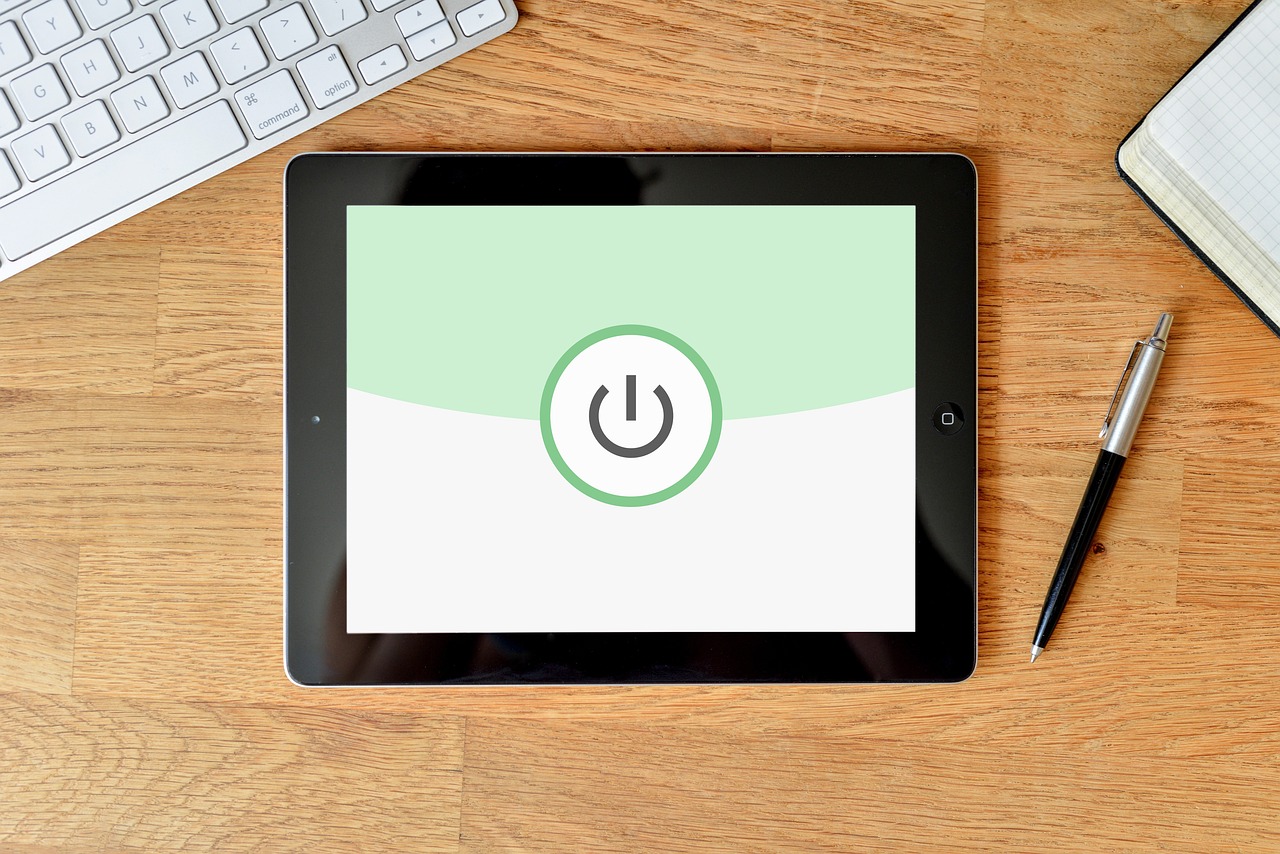
Understanding Cybersecurity Risks
When studying abroad, the thrill of exploring a new culture can sometimes overshadow the lurking dangers of the digital world. It's essential to be aware of the various cybersecurity threats that can jeopardize your personal information and peace of mind. From phishing scams to malware and even identity theft, understanding these risks is the first step in protecting yourself. Imagine navigating a bustling foreign city without a map; it's easy to get lost or encounter trouble. Similarly, without a clear understanding of online threats, you might find yourself in a precarious situation.
Phishing scams are one of the most common threats students face. These scams often come in the form of emails or messages that appear to be from legitimate sources but are designed to trick you into providing sensitive information, like passwords or bank details. For example, you might receive an email that looks like it’s from your university, asking you to verify your account information. The key to avoiding these traps is to always verify the sender’s email address and avoid clicking on suspicious links.
Another significant risk is malware, which can infect your devices and compromise your data. Malware can be hidden in seemingly harmless downloads or links, often disguised as software updates or free applications. Think of it like a hidden trap in a beautiful park; it may look inviting, but one wrong step can lead to disaster. To protect yourself, ensure your devices have updated antivirus software and avoid downloading anything from untrusted sources.
Identity theft is perhaps the most frightening of all online threats. It can occur when someone gains access to your personal information and uses it to impersonate you. This could lead to serious financial and legal consequences, especially when you're far from home. To minimize the risk of identity theft, always monitor your financial accounts and be cautious about the information you share online.
In summary, being aware of these cybersecurity risks is crucial for any student studying abroad. Here’s a quick recap of the main threats:
- Phishing Scams: Deceptive emails or messages aimed at stealing personal information.
- Malware: Malicious software that can infect your devices and compromise your data.
- Identity Theft: Unauthorized use of your personal information to impersonate you.
By staying informed and vigilant, you can navigate your study abroad experience with confidence, ensuring that your adventures remain joyful and free from digital disruptions. Remember, just as you wouldn’t wander into a dark alley in an unfamiliar city, don’t venture into the online world without the proper precautions in place.

Using Secure Networks
When you're studying abroad, staying connected is often a top priority. However, the convenience of accessing the internet can come with its own set of risks. One of the most critical aspects of online safety is understanding how to connect to secure networks. Not all Wi-Fi connections are created equal, and knowing how to identify safe ones can make a world of difference in protecting your personal information.
Imagine this: you’re sitting in a bustling café in Paris, sipping on a cappuccino, and you decide to check your bank account or send an important email. You connect to the café's Wi-Fi without a second thought. But wait! What if that network is a trap set by cybercriminals? Public Wi-Fi networks are often unsecured, meaning that anyone on the same network can potentially access your data. This is why it’s essential to always be cautious and to prioritize secure connections.
So, how can you identify a secure network? Here are some key indicators:
- Look for Password-Protected Networks: If a network requires a password, it’s generally more secure than an open network.
- Use HTTPS: When browsing, make sure the websites you visit use HTTPS, which encrypts your data.
- Check the Network Name: Be wary of networks with generic names like "Free Wi-Fi" or "Public Wi-Fi"—these could easily be traps.
Additionally, consider using your mobile data when possible, especially for sensitive transactions. While it might not always be feasible, relying on your phone's data can significantly reduce the risk of exposure on public networks.
One of the best ways to enhance your online security while studying abroad is by using a Virtual Private Network (VPN). A VPN encrypts your internet connection, making it much harder for hackers to intercept your data. This is particularly useful when you need to access sensitive information, such as banking details or academic records, while connected to public Wi-Fi.
In summary, always be vigilant about the networks you connect to while studying abroad. By choosing secure networks and utilizing tools like VPNs, you can protect your personal information and enjoy your international experience without the constant worry of cyber threats.
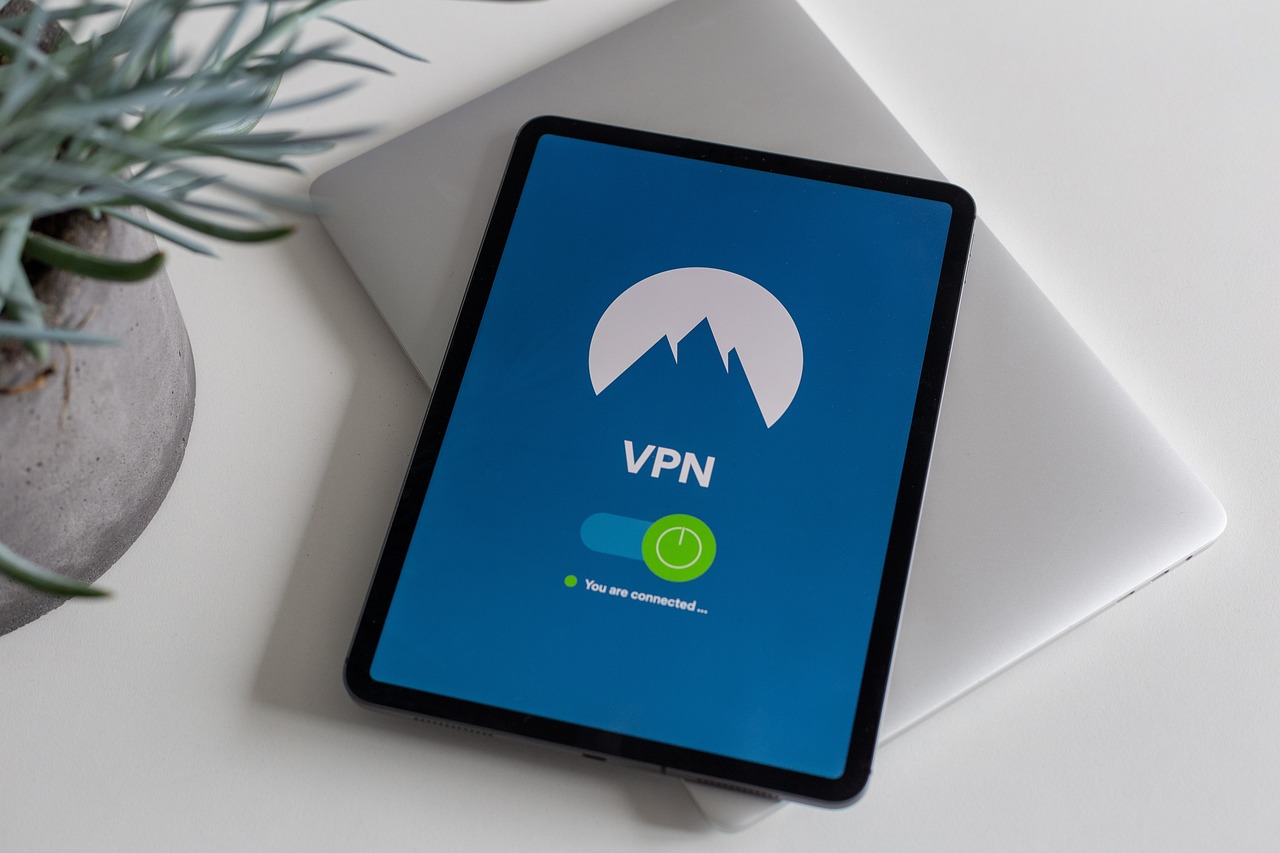
VPNs: A Student's Best Friend
When you’re studying abroad, your online security becomes more crucial than ever. Imagine this: you’re sitting in a cozy café in Paris, sipping a cappuccino, and you want to check your bank account or submit an assignment. Sounds harmless, right? But what if I told you that using public Wi-Fi without protection is like leaving your front door wide open? This is where a Virtual Private Network, or VPN, swoops in to save the day. A VPN acts as a secure tunnel between your device and the internet, encrypting your data and masking your IP address. This means that even if you’re connected to a sketchy Wi-Fi network, your personal information remains safe from prying eyes.
So, how does a VPN actually work? Think of it as a secret passageway. Instead of sending your data directly to the website you’re visiting, it first goes through the VPN server. This server then forwards your request to the website, making it look like the data is coming from the VPN rather than your device. This not only protects your information but also helps you bypass geo-restrictions. For instance, if you want to access content that's only available in your home country, a VPN can make it seem like you’re browsing from there. Pretty neat, huh?
Now, you might be wondering why a VPN is essential for students, especially when you're accessing sensitive information like grades or financial details. Here are a few compelling reasons:
- Enhanced Security: A VPN encrypts your internet connection, making it much harder for hackers to intercept your data.
- Privacy Protection: By masking your IP address, a VPN helps maintain your anonymity online, essential for protecting your identity.
- Access to Resources: Many universities offer exclusive resources that may be restricted based on geographic location. A VPN can help you access these resources no matter where you are.
However, not all VPNs are created equal. It’s important to choose a reputable provider that offers robust security features, a no-logs policy, and fast connection speeds. As a student, you don’t want to be waiting around for your connection to load when you’re on a deadline! In the next section, we’ll dive into how to choose the right VPN for your needs, ensuring that you can study safely and securely while enjoying your adventures abroad.
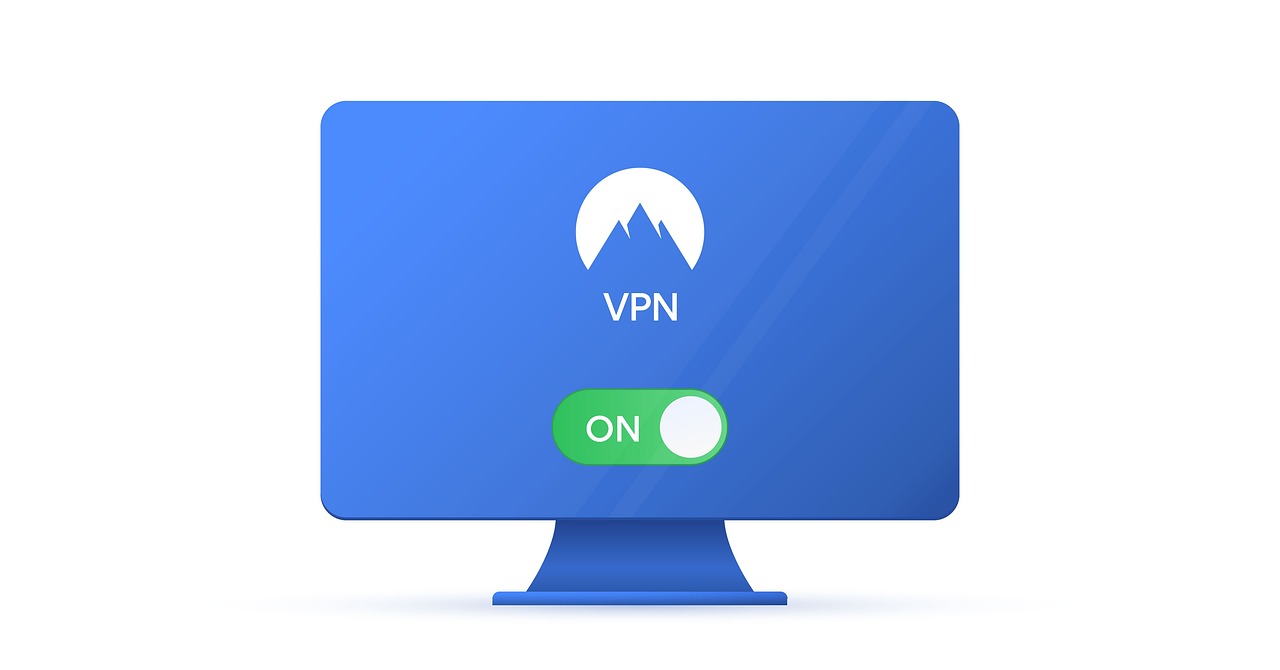
Choosing the Right VPN
When it comes to choosing the right VPN for your studies abroad, it can feel like trying to find a needle in a haystack. With so many options available, how do you know which one will truly keep you safe? First and foremost, you should look for a VPN that offers strong encryption. This means that your data is scrambled and unreadable to anyone who might intercept it. Think of it as sending a letter in a locked box; only the person with the key can read what's inside.
Another critical factor is the no-logs policy. You want a VPN that doesn’t keep records of your online activities. Imagine walking into a café and having someone write down everything you say; it’s a huge invasion of privacy! Choosing a VPN that respects your privacy means that even if someone were to ask, your online habits remain your secret.
Additionally, consider the server locations. A VPN with a wide range of servers allows you to access content from different countries, which is especially useful if you're studying in a region with geo-restricted websites. For instance, you might want to access your favorite streaming service that’s only available in your home country. The more server options available, the more flexibility you have.
Speed is another vital aspect to think about. You don’t want your online classes or video calls to be interrupted by buffering. Look for a VPN that provides high-speed connections to ensure a seamless experience. Some VPNs offer a trial period, allowing you to test their speed before committing. This is a great way to ensure that you won’t be left waiting while your video loads.
Lastly, check for customer support. If you run into issues while abroad, you want a VPN that offers reliable support, preferably 24/7. Imagine being in a foreign country and suddenly losing your connection; having someone you can reach out to for help can make all the difference. A good VPN will offer live chat, email support, or even a comprehensive FAQ section.
In summary, when choosing a VPN, keep these factors in mind:
- Strong encryption
- No-logs policy
- Multiple server locations
- High-speed connections
- Reliable customer support
By taking the time to choose the right VPN, you’ll be protecting your online presence while enjoying your adventure abroad. It’s like having a trusted friend by your side, making sure you can focus on your studies and experiences without worrying about your digital safety.
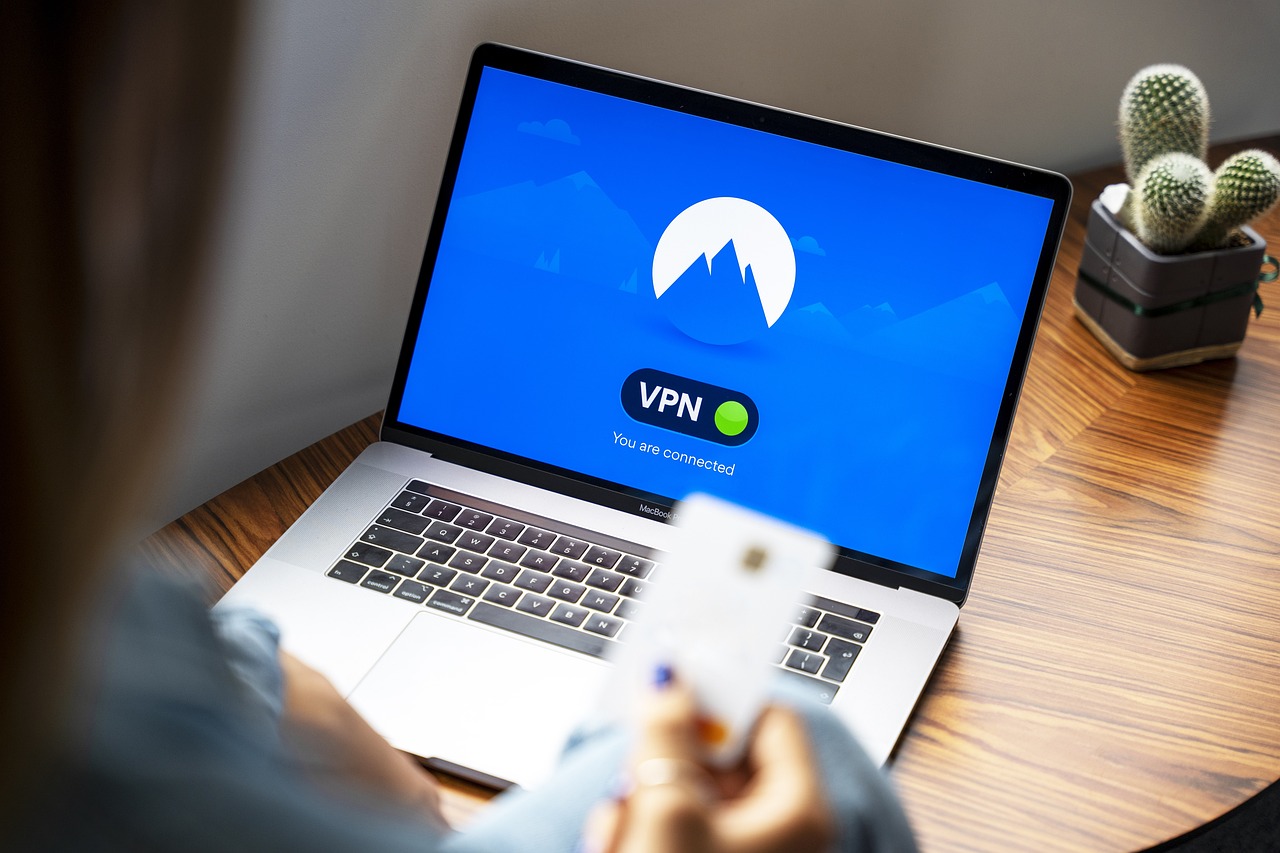
Setting Up Your VPN
Setting up your Virtual Private Network (VPN) is a crucial step toward ensuring your online safety while studying abroad. It may seem a bit daunting at first, but with the right guidance, you can have it up and running in no time! First things first, you need to download the VPN software from the provider's official website. Always opt for the most recent version to benefit from the latest security features.
Once you've installed the software, it’s time to configure your settings. Most VPNs will prompt you to log in using the credentials you created during the signup process. After logging in, you’ll be presented with various options. Here’s where you can tailor the VPN to suit your needs:
- Choose Your Server Location: Depending on your needs, select a server location that provides the best connection speed or access to specific content. For instance, if you want to access services available only in your home country, choose a server located there.
- Enable Kill Switch: This feature automatically disconnects your internet if the VPN connection drops, preventing any accidental exposure of your data.
- Adjust Protocol Settings: Most VPNs offer multiple protocols for encryption. If you're unsure, stick with the default option, as it’s usually the most secure.
After configuring your settings, you can connect to the VPN. Simply click the connect button, and voila! You’re now browsing securely. To ensure everything is working correctly, visit a website that shows your IP address. If it displays the IP of the VPN server instead of your actual IP, you’re good to go!
Remember, it’s essential to keep your VPN software updated. Regular updates not only improve performance but also fix any security vulnerabilities that may arise. So, make it a habit to check for updates periodically. If you encounter any issues, don’t hesitate to reach out to the customer support team of your VPN provider. They’re usually very helpful and can guide you through troubleshooting steps.
In conclusion, setting up your VPN is a straightforward process that can significantly enhance your online security while studying abroad. By following these simple steps and remaining vigilant, you can enjoy your international experience without worrying about cyber threats. Stay safe!
Q1: Do I really need a VPN while studying abroad?
A VPN is highly recommended as it protects your personal information and allows you to access content that may be restricted in your host country.
Q2: Can I use a free VPN?
While free VPNs exist, they often come with limitations, such as slower speeds and less security. It's advisable to invest in a reputable paid VPN for better protection.
Q3: What if I forget my VPN password?
Most VPN services offer a password recovery option. You can reset your password using your registered email address.
Q4: Can I use a VPN on multiple devices?
Many VPNs allow multiple device connections, but check your provider's policy to ensure you can use it on all your devices.

Social Media Safety Tips
Social media is a fantastic way to connect with friends and family while you're exploring a new country. However, it can also be a double-edged sword if you're not careful. Imagine sharing a breathtaking sunset photo from the beach, but inadvertently revealing your location to someone with malicious intent. To keep your online presence secure, it's crucial to adopt a few safety strategies. First and foremost, always review your privacy settings. Most platforms allow you to customize who sees your posts, so take the time to ensure that only trusted friends can view your updates.
Another essential tip is to avoid oversharing. While it might be tempting to document every moment of your study abroad experience, consider the implications of sharing details such as your exact location or travel plans. Instead, you can share your experiences after the fact, which not only protects your privacy but also adds an element of surprise for your followers. For instance, instead of posting a live update from a crowded market, share a photo of your favorite finds once you’re safely back home.
Furthermore, be cautious about accepting friend requests or messages from people you don't know. Scammers often create fake profiles to gain access to personal information. If someone seems suspicious, trust your instincts and don't engage. You can also utilize features like two-factor authentication to add an extra layer of security to your accounts. This way, even if someone gets hold of your password, they won’t be able to access your account without a second verification step.
Lastly, consider using a separate account for sharing travel-related content. This can help keep your personal and public lives distinct and reduce the risk of exposing sensitive information. Remember, while it’s great to share your adventures, your safety should always come first. By implementing these social media safety tips, you can enjoy your study abroad experience without compromising your security.
Here are some common questions students have about staying safe online while studying abroad:
- What should I do if I suspect my account has been hacked? If you think your account has been compromised, change your password immediately and enable two-factor authentication. Notify your friends to be cautious of any suspicious messages coming from your account.
- How can I tell if a Wi-Fi network is secure? Look for networks that require a password to access and avoid open networks in public places. If possible, ask staff if the network is secure.
- Is it safe to use public Wi-Fi for banking? It's best to avoid conducting sensitive transactions over public Wi-Fi. If you must, ensure you’re using a VPN for added security.

Protecting Personal Information
When you’re studying abroad, the thrill of new experiences can sometimes overshadow the importance of protecting your personal information. In a world where our lives are increasingly digital, safeguarding your data is not just a good idea—it's essential. Think of your personal information as a treasure chest; you wouldn’t leave it unlocked in a crowded marketplace, would you? Similarly, keeping your information secure while navigating the online landscape is crucial.
First and foremost, it's vital to be aware of what personal information you are sharing online. This includes your full name, address, phone number, and even your school details. While it’s tempting to share your adventures on social media, always ask yourself: Is this information safe to share? For instance, posting your travel itinerary could inadvertently alert potential thieves that your home is unoccupied. Instead, consider sharing your experiences after you’ve returned home, allowing you to enjoy your travels without compromising your safety.
Moreover, you should familiarize yourself with the privacy settings on social media platforms. Most platforms offer customizable privacy options that allow you to control who sees your posts. By adjusting these settings, you can limit your audience to friends and family, significantly reducing the risk of unwanted eyes on your information. Remember, just because you can share something, doesn’t mean you should.
Another critical aspect of protecting your personal information is being cautious about the websites you visit. Always look for HTTPS in the web address, which indicates that the site is secure. If a website asks for sensitive information and doesn’t have this security feature, it’s best to steer clear. Additionally, using a password manager can help you generate and store strong passwords for different accounts, making it harder for cybercriminals to access your information.
To further enhance your online safety, consider these strategies:
- Limit Sharing: Be selective about the information you post online.
- Regularly Update Passwords: Change your passwords frequently and use unique passwords for different accounts.
- Monitor Your Accounts: Keep an eye on your bank and social media accounts for any suspicious activity.
Finally, staying informed about the latest cybersecurity threats is crucial. Cybercriminals are constantly evolving their tactics, and being aware of new scams or phishing attempts can help you avoid falling victim. Consider following reputable cybersecurity blogs or subscribing to newsletters that provide updates on the latest online threats. By staying proactive, you can ensure that your personal information remains secure while you enjoy your study abroad experience.
Q: What should I do if I think my personal information has been compromised?
A: If you suspect that your personal information has been compromised, immediately change your passwords and monitor your accounts for any unusual activity. Additionally, consider reporting the incident to your bank and relevant authorities.
Q: Are public Wi-Fi networks safe to use?
A: Public Wi-Fi networks can be risky as they often lack proper security measures. If you must use them, ensure you’re connected through a VPN to encrypt your data.
Q: How can I tell if a website is secure?
A: Look for 'HTTPS' in the URL and a padlock icon in the address bar. These indicators show that the website is using encryption to protect your data.

Creating Strong Passwords
This article explores essential strategies for maintaining online safety while studying in a foreign country, ensuring that students can enjoy their experience without compromising their personal information or well-being.
It's crucial for students to recognize the various cybersecurity threats they may encounter while studying abroad, including phishing scams, malware, and identity theft, to effectively protect themselves.
Connecting to secure networks is vital for safeguarding personal information. Students should learn how to identify safe Wi-Fi connections and the risks associated with public networks.
Virtual Private Networks (VPNs) offer an additional layer of security. This section discusses how VPNs work and why they are essential for students accessing sensitive information abroad.
Selecting a reliable VPN can be overwhelming. Here, we provide tips on what features to look for when choosing a VPN that suits your needs while studying abroad.
Once you’ve selected a VPN, setting it up correctly is crucial. This section guides students through the installation and configuration process for maximum protection.
Engaging on social media while abroad can be fun, but it’s essential to protect your privacy. Here, we discuss best practices for sharing experiences without compromising safety.
Students must be vigilant about the information they share online. This section highlights strategies to minimize the risk of personal data exposure while studying abroad.
Creating strong passwords is like building a fortress around your personal information. In today's digital age, weak passwords are an open invitation for cybercriminals. So, how do you create a password that can withstand the test of cyber threats? Here are some essential tips:
- Length Matters: Aim for at least 12 to 16 characters. The longer the password, the harder it is to crack.
- Mix It Up: Use a combination of uppercase and lowercase letters, numbers, and special characters. For example, instead of using 'Password123', try something like 'P@ssw0rd!2023'.
- Avoid Personal Information: Don’t use easily accessible information like your name, birthday, or common words. Think of a phrase or a sentence and use the first letter of each word.
- Unique Passwords: Don’t reuse passwords across different sites. If one gets compromised, others will be at risk too.
In addition to these tips, consider using a password manager. These tools can generate and store complex passwords for you, so you don’t have to remember every single one. It’s like having a personal vault for your digital keys!
Lastly, make it a habit to change your passwords regularly—every three to six months is a good rule of thumb. This simple practice can significantly reduce the risk of unauthorized access to your accounts.
Phishing scams can be particularly deceptive. Here, we outline common signs of phishing attempts and how students can avoid falling victim to these threats.
Q: What should I do if I think my password has been compromised?
A: Immediately change your password and enable two-factor authentication on your accounts if available. Monitor your accounts for any suspicious activity.
Q: How often should I change my passwords?
A: It’s recommended to change your passwords every three to six months, or immediately if you suspect a breach.
Q: Can I use the same password for different accounts if I add numbers or symbols?
A: No, it’s best to use unique passwords for each account to prevent a domino effect in case one gets hacked.

Recognizing Phishing Scams
In today’s digital age, phishing scams have become increasingly sophisticated, making it essential for students studying abroad to be vigilant. Phishing is a form of cyber attack where attackers masquerade as trustworthy entities to trick individuals into revealing sensitive information, such as passwords or credit card numbers. Imagine receiving an email that looks like it’s from your bank or university, urging you to click a link to verify your account. It’s easy to get caught up in the urgency of the message, but this is where you need to be cautious.
One of the most common tactics used by scammers is creating a sense of urgency. They may state that your account will be suspended unless you take immediate action, which can lead you to click on malicious links without thinking twice. Therefore, it’s crucial to take a step back and analyze the message critically. Always check the sender's email address for inconsistencies or unusual domains. For instance, a legitimate email from your university will likely come from an official domain, while a phishing attempt may come from a generic or misspelled address.
Additionally, look for grammatical errors or awkward phrasing in the communication. Many phishing emails are poorly written and contain typos, which can be a red flag. Legitimate organizations typically maintain a professional standard in their communications. Also, be cautious of links that don’t match the context of the email. Hovering over a link (without clicking) can reveal its true destination—if it doesn’t match the stated URL, it’s best to avoid it.
Another effective strategy is to verify the legitimacy of the request. If you receive an unexpected email asking for sensitive information, don’t respond directly to the email. Instead, contact the organization using official contact information found on their website. This simple step can save you from falling victim to a scam.
To help students recognize phishing attempts, here’s a quick reference table summarizing key indicators:
| Indicator | Description |
|---|---|
| Urgency | Messages that create a sense of urgency, prompting immediate action. |
| Suspicious Email Address | Emails from unofficial or misspelled domains. |
| Grammatical Errors | Poorly written emails with typos and awkward phrasing. |
| Unfamiliar Links | Links that do not match the context or official website. |
By keeping these indicators in mind, students can arm themselves against phishing scams while enjoying their study abroad experience. Remember, when in doubt, it’s always better to double-check than to risk your personal information. Stay safe online!
Q: What should I do if I think I've fallen for a phishing scam?
A: Immediately change your passwords for any affected accounts and monitor your financial statements for unauthorized transactions. Report the incident to your institution and the relevant authorities.
Q: Are phishing scams only conducted through email?
A: No, phishing can occur through various channels, including social media, text messages (SMS phishing), and even phone calls (vishing).
Q: How can I report a phishing attempt?
A: You can report phishing emails to your email provider and, if applicable, to the organization being impersonated. Many institutions have dedicated resources for reporting such incidents.
Frequently Asked Questions
- What are the common cybersecurity risks students face while studying abroad?
Students may encounter various cybersecurity threats such as phishing scams, malware, and identity theft. Being aware of these risks is the first step in protecting personal information and ensuring a safe online experience.
- How can I identify secure Wi-Fi networks while abroad?
Always look for networks that require a password and avoid connecting to public Wi-Fi networks that don’t have any security measures. If you must use public Wi-Fi, consider using a VPN to encrypt your connection.
- Why should I use a VPN while studying abroad?
A VPN, or Virtual Private Network, provides an extra layer of security by encrypting your internet connection. This is especially important when accessing sensitive information, such as bank accounts or academic records, while connected to public networks.
- What features should I look for in a VPN?
When choosing a VPN, consider factors like speed, security protocols, ease of use, and whether it has a no-logs policy. Additionally, check if it offers servers in the countries you plan to access.
- How do I set up a VPN on my device?
Setting up a VPN typically involves downloading the VPN app, signing in, and selecting a server to connect to. Most reputable VPNs provide detailed guides to help you through the installation process.
- What are some social media safety tips for students abroad?
Be cautious about what you share online. Avoid posting your exact location in real-time, and limit the personal information you disclose in your profiles. Adjust your privacy settings to control who can see your posts.
- How can I protect my personal information while studying abroad?
Be mindful of the information you share online, use strong passwords, and regularly update them. Also, be wary of unsolicited messages and always verify the source before clicking on links.
- What constitutes a strong password?
A strong password should be at least 12 characters long, include a mix of uppercase and lowercase letters, numbers, and special symbols. Avoid using easily guessable information like birthdays or common words.
- How can I recognize phishing scams?
Look out for emails or messages that create a sense of urgency, contain unexpected attachments, or ask for personal information. Always double-check the sender's email address and be cautious with links.




